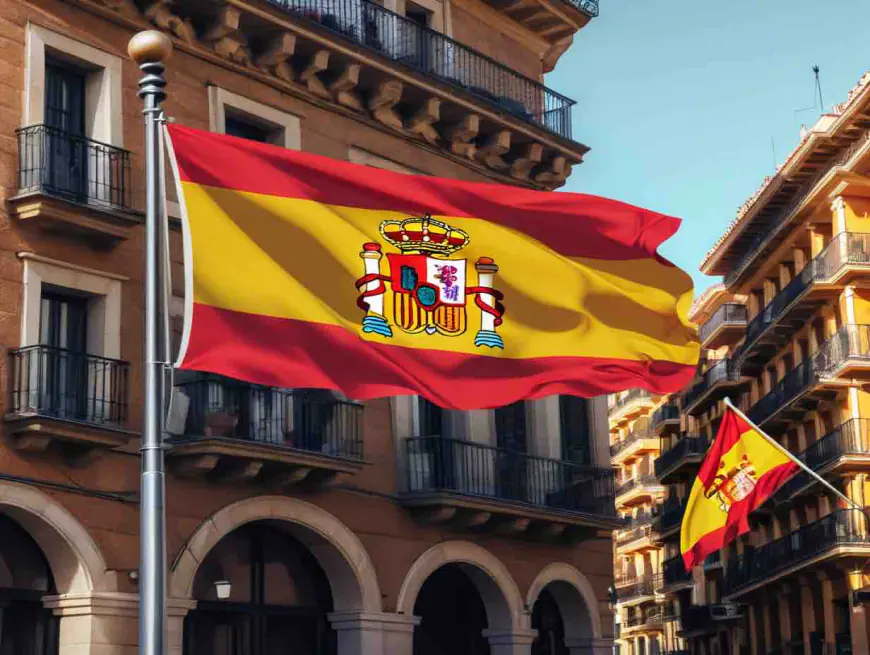Spain’s financial regulator warns against unlicensed exchanges
Spain’s financial regulatory body, the National Securities Market Commission (CNMV), recently unveiled a list of 18 companies operating within the country without the requisite licenses. Notably, this list included several entities involved in the burgeoning cryptocurrency sector, such as Bitbinx, Crytomerge, and CryptoMaxiTrade. Spain’s regulator warns crypto investors The CNMV stressed that these companies lacked […]

Spain’s financial regulatory body, the National Securities Market Commission (CNMV), recently unveiled a list of 18 companies operating within the country without the requisite licenses. Notably, this list included several entities involved in the burgeoning cryptocurrency sector, such as Bitbinx, Crytomerge, and CryptoMaxiTrade.
Spain’s regulator warns crypto investors
The CNMV stressed that these companies lacked registration with the commission, rendering them unauthorized to offer investment services or engage in activities subject to CNMV oversight. Recognizing the limitations of its jurisdiction, the CNMV advised affected investors to pursue legal recourse through the ordinary judicial system.
Despite this regulatory challenge, Spain witnessed a significant uptick in the number of officially registered crypto companies in 2023, with a staggering 56% increase. The official registry, accessible in an Excel format on the central bank’s website, revealed that 30 companies obtained virtual asset service provider licenses during the same period.
Presently, the registry encompasses 83 companies, including industry titans like Binance, Bitpanda, Revolut, and Crypto.com. In 2023, Spanish regulatory bodies, including the CNMV, solidified their stance on crypto-related activities. In October of that year, the Spanish Ministry of Economy and Digital Transformation announced plans to expedite the implementation of the Markets in Crypto-Assets Regulation, the EU’s first comprehensive crypto framework.
Subsequently, in November 2023, the CNMV initiated its inaugural case against a technology provider, Miolos, for allegedly violating crypto advertising regulations. Miolos faced accusations of failing to issue risk warnings or seek CNMV approval for its marketing campaigns.
Exploring CBDC in the country
Spain’s prominence in the European and global crypto landscape is underscored by its robust infrastructure, particularly in cryptocurrency ATMs. The country ranks fourth globally in terms of the number of operational cryptocurrency ATMs, boasting 310 machines—an impressive figure compared to neighboring nations like Germany and France.
This thriving crypto ecosystem reinforces Spain’s position as a key player in the European crypto landscape. Concurrently, the Bank of Spain is actively exploring the feasibility of introducing a central bank digital currency (CBDC). In January 2024, the bank selected collaborators to participate in piloting a wholesale CBDC.
Notably, Spain’s CBDC initiative stands apart from the digital euro project and, if realized, would extend its coverage to all economies within the eurozone. Spain’s regulatory landscape for cryptocurrencies is rapidly evolving, with concerted efforts to establish comprehensive frameworks and enforce compliance.
Despite challenges posed by unlicensed entities, the country’s proactive approach signals its commitment to fostering a secure and innovative crypto environment. Moreover, Spain’s exploration of a CBDC underscores its willingness to embrace digital innovations in the financial sector and maintain its leadership position in the global crypto space.
What's Your Reaction?









































































































